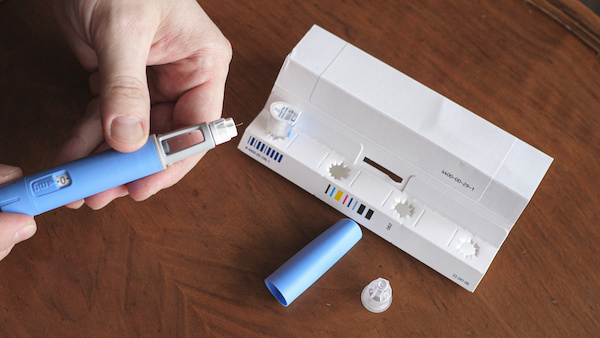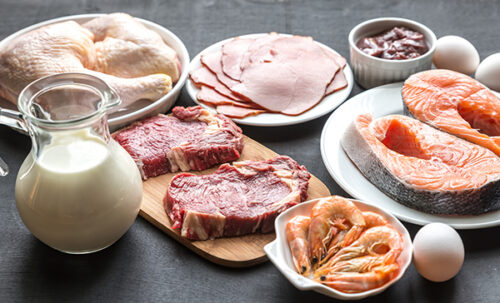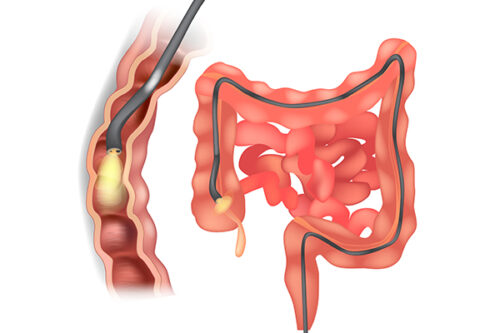Ozempic – A Miracle Weight Loss Drug Mimicking Sickness

By John McDougall, MD
Knowing that the pain of hunger is intolerable to most of us, researchers have been looking for the “magic pill” that provides some long-term relief from our ravenous appetites. The discovery of the appetite-suppressing effects of the poisonous venom from a reptile (Gila Monster) has led to the development of an entire line of drugs called GLP-1 agonists: the names familiar to most of us are Ozempic, Wegovy and Mounjaro.
No pharmaceutical company admits to knowing how these drugs really work; however, you may hear that the benefits are due to slowing gastric emptying, increasing gastric volumes and affecting satiety hormones: ghrelin and leptin. Delayed emptying of the stomach may lead to “feeling full;” but, retained food putrefies, causing “putrid” breath. Observe the “desired” side effects of these drugs to understand how they really work. The reaction is similar to the bite of a poisonous reptile, causing nausea, vomiting and diarrhea. One bite and you become too sick to eat for a short time. Pharmaceutical companies designed ways to prolong the short-acting effects of the venom to last days and weeks. Some users have subclinical symptoms, those not serious enough to report to investigators, but as many as 80% of users suffer from sufficient GI distress to report these appetite-suppressing effects.
Studies of GLP-1 agonists find that the average weight loss is 37 pounds, accomplished over 68 weeks, at a cost of $17,000. At about this time, in efforts to survive, the body finally adjusts to the “desired” adverse effects of the drug and a plateau is reached; no more weight is lost. Furthermore, when the drug is discontinued users regain the lost weight.
The McDougall Program accepts the idea that the hunger drive is not something wrong with you; no “miracle drugs” are needed. Hunger is, by necessity, painful; telling us that we must eat. Solving the apparent dilemma of “eating anything and everything makes me fat” is accomplished by understanding that human beings are designed to eat a diet where the bulk of your calories are from traditional starches: beans, corn, potatoes, rice, and wheat. See this for yourself: populations of billions of people (like Vietnamese, Chinese, or Japanese), who live on rice, are, almost to the person, trim and healthy. Unfortunately, people from Asia are adopting the Western eating patterns and will soon become customers of Big Pharma for GLP-1 agonists, just like all other victims who believe “starches are fattening,” and instead choose to eat animals and vegetable oils.
Download the free chart of McDougall vs. Semaglutides here: McDougall vs. GLP-1.
Learn more about the Free McDougall Program here.
If you need medical support, book a consultation with us to learn more and see if the 12-Day McDougall Program is right for you.
Recommended Articles

How Do I Gain Weight on the McDougall Diet? I’m Not Joking!

Five Major Poisons Inherently Found in Animal Foods






